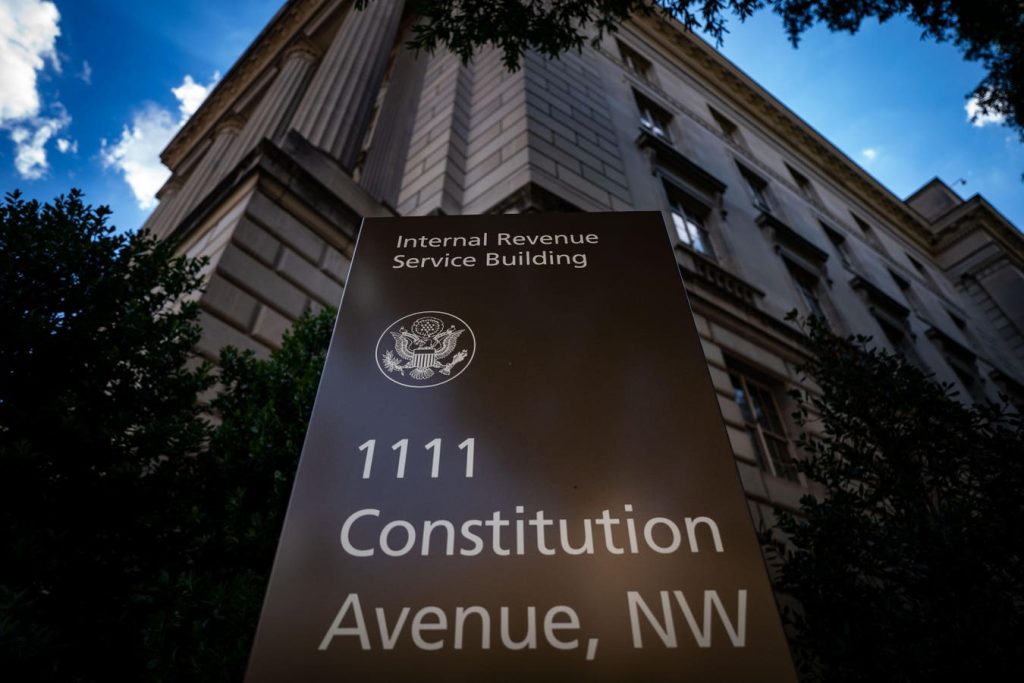In a surprising turn of events, former IRS contractor Charles Littlejohn is facing a five-year prison sentence for leaking tax information related to high-net-worth individuals. Littlejohn, who worked intermittently for the IRS contractor between 2008 and 2013, accessed taxpayer data through his job and later sought re-employment with the contractor to disclose information about a high-ranking government official, believed to be former President Donald Trump. By exploiting loopholes in IRS protocols, Littlejohn managed to avoid detection and leaked information through a website he controlled, ultimately reaching out to a news organization with the leaked tax records.
The government argues that Littlejohn’s actions went beyond whistleblowing and instead amounted to weaponizing taxpayer information for political motives. Despite the significant impact of his disclosures, the government contends that his meticulously planned scheme to breach trust and confidentiality warrants harsh punishment. This raises questions about the boundaries between whistleblowing and weaponizing, particularly regarding the intent behind the actions and the level of planning involved. Additionally, it calls into question what types of whistleblowing actions would not meet the government’s standards for prosecution.
The case highlights the importance of whistleblowing in exposing practices of tax evasion that contribute to wealth inequality. Reports by Oxfam reveal the human cost of wealth inequality, with thousands of lives lost each day due to conditions linked to socioeconomic disparities. The funds evaded in taxes by the ultra-rich could be used to finance essential public services like healthcare and education, underscoring the value of whistleblowing in uncovering systemic injustices. Littlejohn’s situation presents a dilemma in evaluating whistleblowing actions that aim to address deep-seated inequalities but do not necessarily conform to legal standards for protection.
The outcome of Littlejohn’s case prompts a reevaluation of the criteria for determining public interest in whistleblowing actions. If revealing information that exposes systemic injustices does not qualify for whistleblower protections, then it is imperative to reassess the framework through which whistleblowing is assessed. The tension between the significance of the information disclosed, the intent behind the actions, and the level of planning involved raises important considerations about the acceptability of whistleblowing practices. Ultimately, the case of Charles Littlejohn shines a light on the complexities of whistleblowing in the context of wealth inequality and raises critical questions about the future of whistleblower protections in addressing societal injustices.


